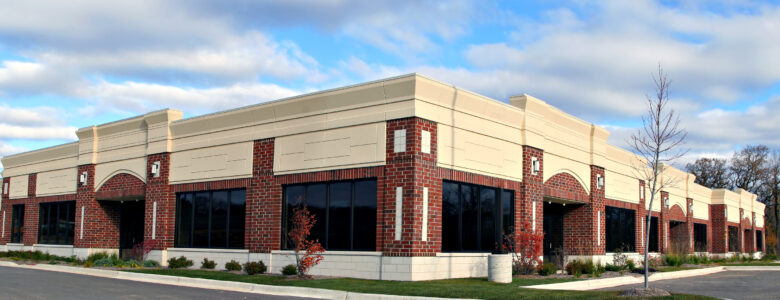A Business Insurance Update
Insurance coverage is available for almost every conceivable risk your business might face. Cost and amount of coverage of policies vary among insurers. We can advise you on the exact types of insurance you should consider purchasing. The right insurance policies will go a long way toward helping you safeguard your earning power and your future. If you are a business owner there are a few insurance products, you may not have considered.
Business Income or Loss of Rents
Depending on what you do with your building may depend on the specific kind of insurance you need. If you own a building and have tenants you will want to consider loss of rents coverage. Typical the coverage includes reimbursement for loss of rent or rental value in case of fire or other serious incident covered by insurance. Business Income coverage increases a business’ ability to survive a substantial loss. If your business suffers a fire, that stops all operations for three months, the business will want to continue to pay salaries, utilities, rent and other fixed costs necessary for operations. In order for the business to become whole, the business is entitled to reimbursement for net income and operating expenses paid during the recovery period.
Data Breach or Cyber Liability
If your business stores sensitive or non-public information about employees or clients on your computers, servers or in paper files you are responsible for protecting that information. If a breach occurs either electronically or from a paper file a data breach policy will provide protection against the loss.
Umbrella
Standard business liability coverage will take care of you in most situations, but when serious situations arise, commercial umbrella insurance will help ensure that your business is protected. Here are two examples:
- You have a serious fire and are involved in multiple lawsuits that exhaust your primary limits.
- Your delivery truck is involved in an accident with multiple deaths or injuries.
We are locally owned and operated out of Overland Park, Kansas and are strongly represented in all areas of the Kansas City metropolitan area including not only Kansas City, but also Olathe, Leawood, Lenexa & Shawnee. We primarily write business in Johnson and Wyandotte Counties in Kansas but are licensed in the entire State. We primarily write business in Jackson, Cass and Platt County in Missouri but again are licensed in the entire State to write business.











